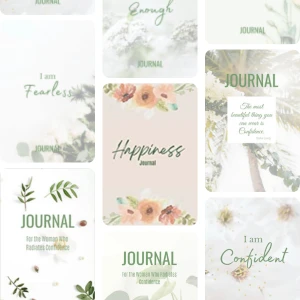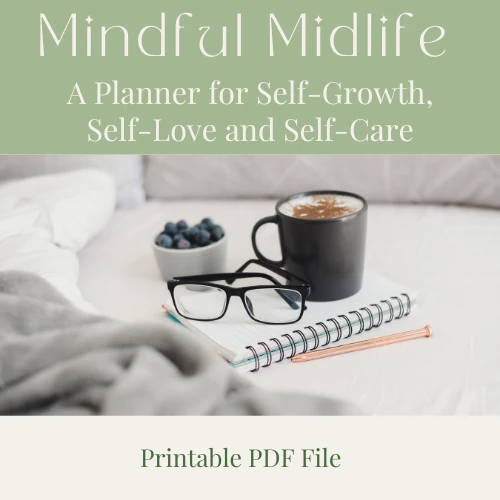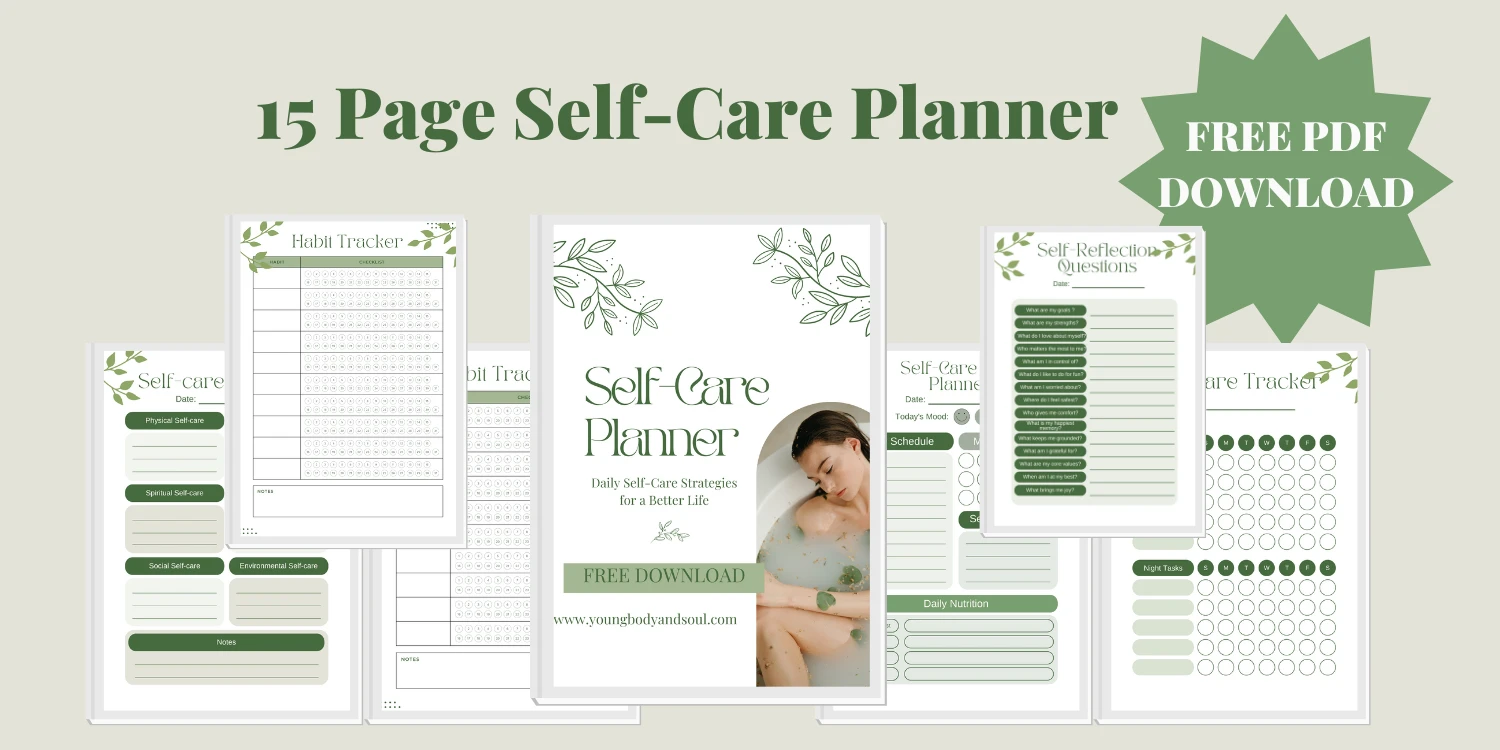Journaling is a powerful tool for self-care that can help you manage your emotions, reduce stress, and gain clarity about your thoughts and feelings. It's a simple practice that can be done in just a few minutes each day, yet the benefits can be profound. Let's explore the benefits of journaling as part of a self-care routine and how to get started.

- Reducing Stress and Anxiety
One of the most significant benefits of journaling is that it can help you reduce stress and anxiety. When you write down your thoughts and feelings, you release them from your mind and put them on paper. This can help you process your emotions and reduce the intensity of negative feelings.
- Improving Mental Clarity
Journaling can also help improve your mental clarity. By writing down your thoughts and feelings, you can gain a better understanding of your own perspective and gain insights into what you're feeling. This can help you make more informed decisions and better understand yourself and your needs.
- Boosting Creativity
Journaling can also help boost creativity. By giving yourself the freedom to write without judgment or criticism, you can tap into your imagination and generate new ideas. This can be especially helpful if you're feeling stuck or uninspired.
- Promoting Self-Reflection
Journaling is an excellent tool for self-reflection. By regularly writing down your thoughts and feelings, you can gain a deeper understanding of yourself, your values, and your beliefs. This can help you identify areas where you want to grow and make positive changes in your life.

- Enhancing Self-Awareness
Journaling can also enhance your self-awareness. By writing down your thoughts and feelings, you can become more attuned to your own needs and emotions. This can help you make better choices and take better care of yourself.
How to Get Started with Journaling
If you're interested in incorporating journaling into your self-care routine, here are some tips to help you get started:
- Choose a Time and Place
Choose a time and place where you can write without distraction. This could be in the morning before you start your day, in the evening before bed, or during a break in the middle of the day.

- Write Freely
When you start writing, don't worry about spelling, grammar, or punctuation. Write freely and let your thoughts flow without judgment or criticism.
- Be Honest
Be honest with yourself about how you're feeling. This can be challenging, but it's essential for gaining insights and making positive changes in your life.
- Use Prompts
If you're not sure what to write about, use prompts to get started. You can find journaling prompts online or create your own based on your interests and needs.
- Make It a Habit
Make journaling a regular habit. Try to write every day, even if it's just for a few minutes. This can help you build momentum and make journaling a natural part of your self-care routine.
In conclusion, journaling is a powerful tool for self-care that can help you manage your emotions, reduce stress, gain clarity, and enhance self-awareness. By incorporating journaling into your daily routine, you can take better care of yourself and improve your overall well-being. So grab a pen and paper, and start writing!

CLICK HERE TO SEE MY COLLECTION OF JOURNALS

Click here to purchase my 33-page Mindful Midlife Planner E-Book!
Find me on all social media @youngbodyandsoul

